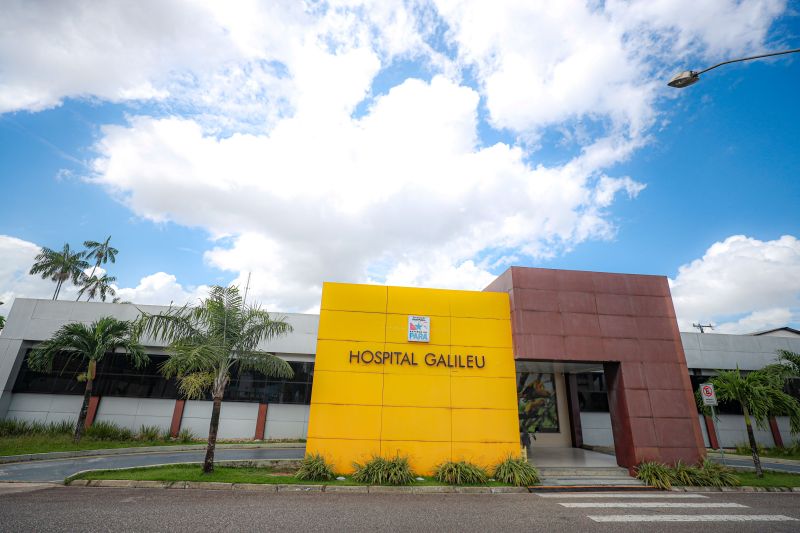Orthopedic traumas can compromise the urinary system, warns Hospital Galileu
Urologist Gilflávio Fernandes explains how severe traumas can harm the kidneys, bladder, and urethra, and emphasizes the importance of early diagnosis
The relationship between orthopedic injuries and urological problems is closer than many imagine. Urologist Gilflávio Fernandes, who works at the Galileu State Public Hospital (HPEG) in Greater Belém, explains that in cases of polytrauma, the urinary system — made up of the kidneys, bladder, and urethra — can be compromised, requiring immediate medical attention.
"The urinary system, like the skeletal system, is subject to impacts in severe accidents. The kidneys, for example, can be injured in closed traumas, while the bladder and urethra can be affected in pelvic fractures or dislocations of the pubic symphysis," details the specialist.
Blood in the urine, difficulty or inability to urinate, and bleeding from the urethra are some of the warning signs after an accident, highlights the urologist. "Bleeding usually indicates renal trauma. When there is an injury to the urethra, the patient may not urinate at all or may have small blood losses," he emphasizes. He reinforces that in these cases, probing should not be performed before specific examinations to avoid worsening the injury.
Integrated care
In urgent cases, urology works in partnership with other specialties, highlights Gilflávio. "In renal traumas, general surgery is usually the first to intervene, but when there are specific injuries to the urethra, bladder, or kidney, the urologist works alongside orthopedics to reduce sequelae," he explains.
Although it is not a reference for urological emergencies, Galileu receives patients with chronic diseases and complications from old traumas. Among the most treated pathologies are kidney, bladder, and ureteral stones, benign prostatic hyperplasia, urethral stricture, varicocele, hydrocele, and diseases affecting the penis, scrotum, and adrenal glands.
The specialist emphasizes that the unit offers about 300 monthly urology consultations, including specialized consultations and surgical procedures, scheduled through the State Regulation Central. "Our goal is to ensure effective and safe care that helps improve patients' quality of life and prevent future complications," concludes Gilflávio.
Prevention and post-trauma care
In addition to emergency and specialized care, prevention plays a fundamental role in avoiding urological complications after accidents. Regular medical follow-up, physiotherapy, and imaging tests can identify changes early on. "Proper rehabilitation is essential. Often, the patient thinks they have recovered from the fracture, but small changes in the urinary tract can evolve silently. Detecting and treating early prevents serious sequelae," warns the urologist.
Another important point is the adoption of preventive measures in daily life, such as using personal protective equipment at work and during sports activities, as well as adhering to traffic safety regulations. According to Gilflávio, "reducing the risk of accidents is the first step to protect not only bones and joints but also sensitive internal organs, such as the kidneys, bladder, and urethra."
About HPEG
Managed by the Institute of Social and Environmental Health of the Amazon (ISSAA), in partnership with the State Department of Public Health (Sespa), the Galileu State Public Hospital (HPEG) has 104 inpatient beds and is a reference in high-complexity orthopedic surgeries, including reconstruction and bone lengthening. The unit also performs trachea and urological procedures.










